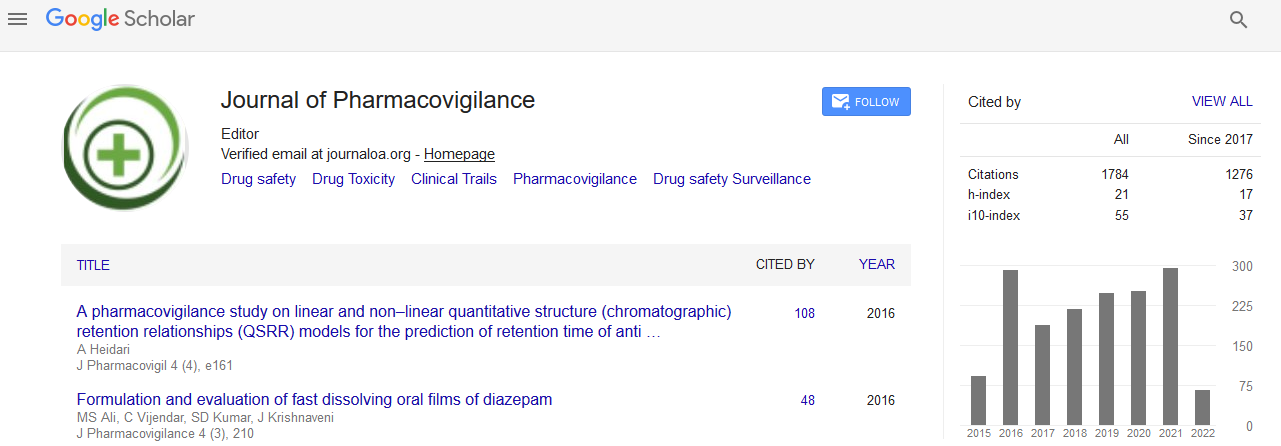Indexed In
- Open J Gate
- JournalTOCs
- The Global Impact Factor (GIF)
- RefSeek
- Hamdard University
- EBSCO A-Z
- OCLC- WorldCat
- Publons
- Euro Pub
- Google Scholar
Useful Links
Share This Page
Journal Flyer

Open Access Journals
- Agri and Aquaculture
- Biochemistry
- Bioinformatics & Systems Biology
- Business & Management
- Chemistry
- Clinical Sciences
- Engineering
- Food & Nutrition
- General Science
- Genetics & Molecular Biology
- Immunology & Microbiology
- Medical Sciences
- Neuroscience & Psychology
- Nursing & Health Care
- Pharmaceutical Sciences
Safety pharmacovigilance of biologicals and differences from small molecules
9th International Conference and Exhibition on Pharmacovigilance & Drug Safety
July 17-18, 2017 Munich, Germany
Anup Choudhury
Novartis Pharmaceuticals, India
Posters & Accepted Abstracts: J Pharmacovigil
Abstract:
Biologics development represents a major modern advancement in the area of healthcare and medicine as promising therapeutic option for many previously incurable diseases because of their huge success rates. Biologics are defined as a virus, therapeutic serum, toxin, antitoxin, vaccine, blood product, blood component or derivative, or an allergenic product used for the prevention, treatment or cure of diseases. A review of development safety and pharmacovigilance of biologics is presented here with their differences from small molecules. Biologics are unique in absorption, distribution, metabolism, and elimination (ADME), which lead to significant differences in their drug development process in comparison to the small molecules or chemical entities. The monoclonal antibodies (mAbs), which are considered to be the most important subset of biologics, bind to their targets by specific or non-specific binding. As the biologics are therapeutic proteins, they have the concern of developing immunogenicity, with possible loss of therapeutic efficacy to severe life threatening adverse events. The safety adverse events can be due to a generalized and intensified immune response or due to cross-reactivity of neutralizing anti-drug antibodies (ADA) with endogenous substances. The most common adverse events in biologics are acute infusion reactions or cytokine release syndrome, also known as cytokine storms, which typically develop within 30 minutes to two hours after the initiation of drug infusion, however, the symptoms, may be delayed for up to 24 hours.
Biography :
Email: dranupchoudhury@gmail.com


